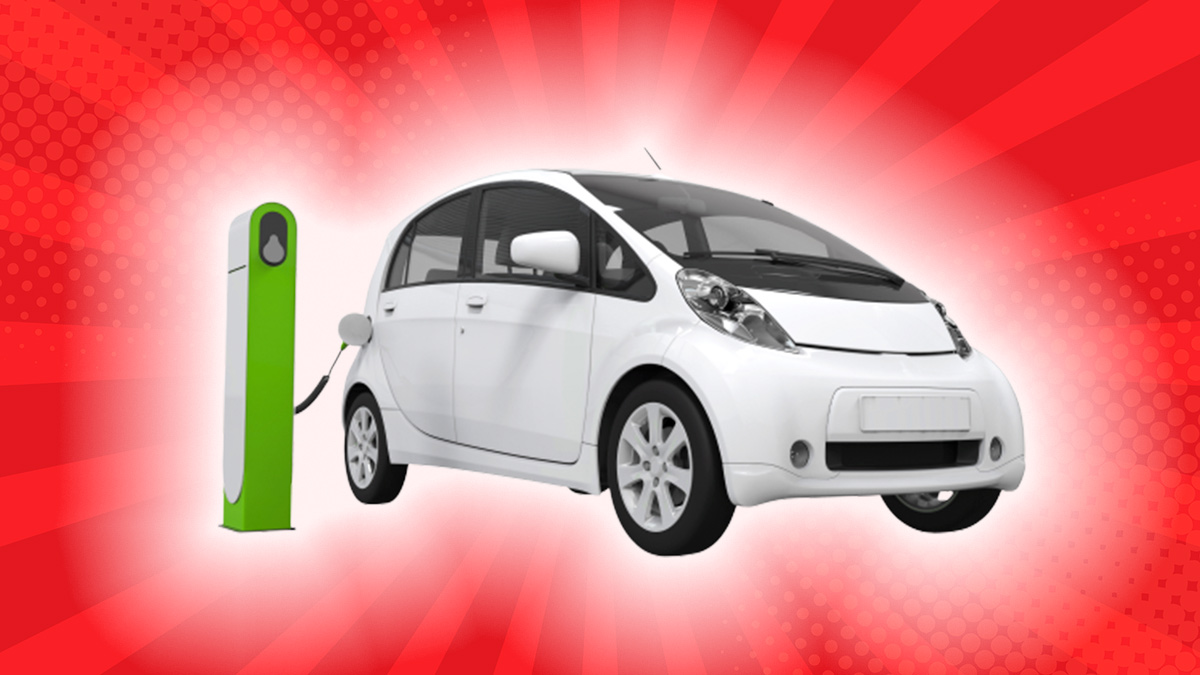EV adoption in Europe poised to accelerate battery metal demand

Pic: Getty
Global plug-in electric vehicle (EV) sales are expected to decline by 5.8 per cent year over year in 2020 to 2.07 million units, though this is still better than the expected 19 per cent decline in overall passenger vehicle sales.
This is due to strong sales growth in the European Union with the average penetration rate of EVs increasing to 7 per cent from 2.5 per cent a year ago as Germany and France increased subsidies by 50 per cent and 17 per cent respectively.
Additionally, the German government is looking to levy higher taxes for vehicles emitting more than 95 grams of carbon dioxide per kilometre and requiring all petrol stations to offer EV charging points.
As a result, S&P Global Market Intelligence has forecast that EU battery EV sales are expected to increase 45 per cent year on year to 654,000 units.
Conversely, Chinese new energy vehicle penetration in the first six months of 2020 averaged 3.8 per cent, lower than the 5.1 per cent penetration rate in the same period in 2019.
This led the data gatherer to reduce its Chinese sales forecast to 821,000 units, a 23 per cent decline year over year.
Battery metals could benefit from EV growth
EV adoption is widely expected to grow with local lithium producer Pilbara Minerals (ASX:PLS) forecasting that EV penetration in the EU could hit about 19 per cent by 2025, while Chinese adoption could rise to 18 per cent.
This could help drive demand for battery metals such as lithium and cobalt, with S&P forecasting that the average lithium price could recover in the fourth quarter and the 2020 lithium carbonate CIF Asia price would average about $US8,411 ($11,815) per tonne.
Beyond 2020, S&P expects leading incumbent lithium producers to drive the supply increases needed to meet demand growth due to challenges with smaller companies raising financing in a low price environment.
Its analysis of financing data shows that junior and intermediate lithium financings in the first five months of 2020 was only 5 per cent of the financing raised in the same period in 2019.
“We expect the total financing raised by smaller companies to remain low in 2020 and beyond, as low prices weigh on profitability in the sector and discourage new entrants,” S&P said.
S&P also expects cobalt prices to recover in the fourth quarter, though it noted that the cobalt market would only balance if producers delivered on currently announced supply increases.
ASX small cap battery metal companies
Small cap lithium players on the ASX are banking on a market recovery and advancing their respective projects.
Neometals (ASX:NMT) has formed a joint venture with engineering firm SMS Group to commercialise the company’s proprietary lithium battery recycling process.
The JV will construct a demonstration plant at SMS’ manufacturing site in Germany to validate at an industrial scale the process for regenerating secondary battery materials from growing volumes of scrap and end of life batteries.
This will be the final step ahead of a decision to commence commercial-scale operations in Europe.
Meanwhile, Vulcan Energy Resources (ASX:VUL) has successful produced lithium concentrate from geothermal brine taken from its project in Germany’s Upper Rhine Valley using its Zero Carbon Lithium process.
The process seeks to produce both renewable geothermal energy and lithium hydroxide from the same brine source, reducing both its water use and carbon emissions.
Lithium Australia (ASX:LIT) has started the third stage of its VSPC project to develop low-cost raw material options for its proprietary process for cathode material synthesis.
This will further evaluate iron oxide raw materials and lithium-ferro-phosphate (LFP) synthesis at a laboratory scale, producing LFP using lithium phosphate processed from recycled material from Envirostream and preparing for future work at pilot plant scale.
Stage two of the project had operated the VSPC process at both laboratory and pilot scale to produce advanced LFP cathode material using a simplified process that significantly reduced consumption of chemical reagents.
Related Topics

UNLOCK INSIGHTS
Discover the untold stories of emerging ASX stocks.
Daily news and expert analysis, it's free to subscribe.
By proceeding, you confirm you understand that we handle personal information in accordance with our Privacy Policy.








